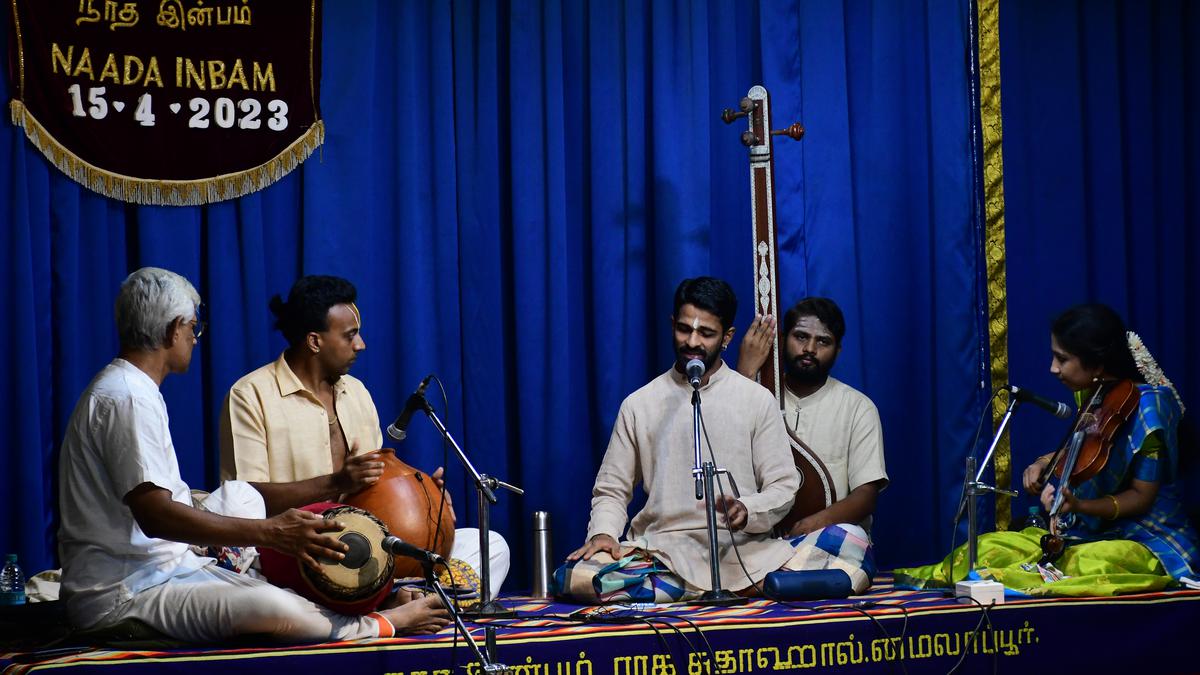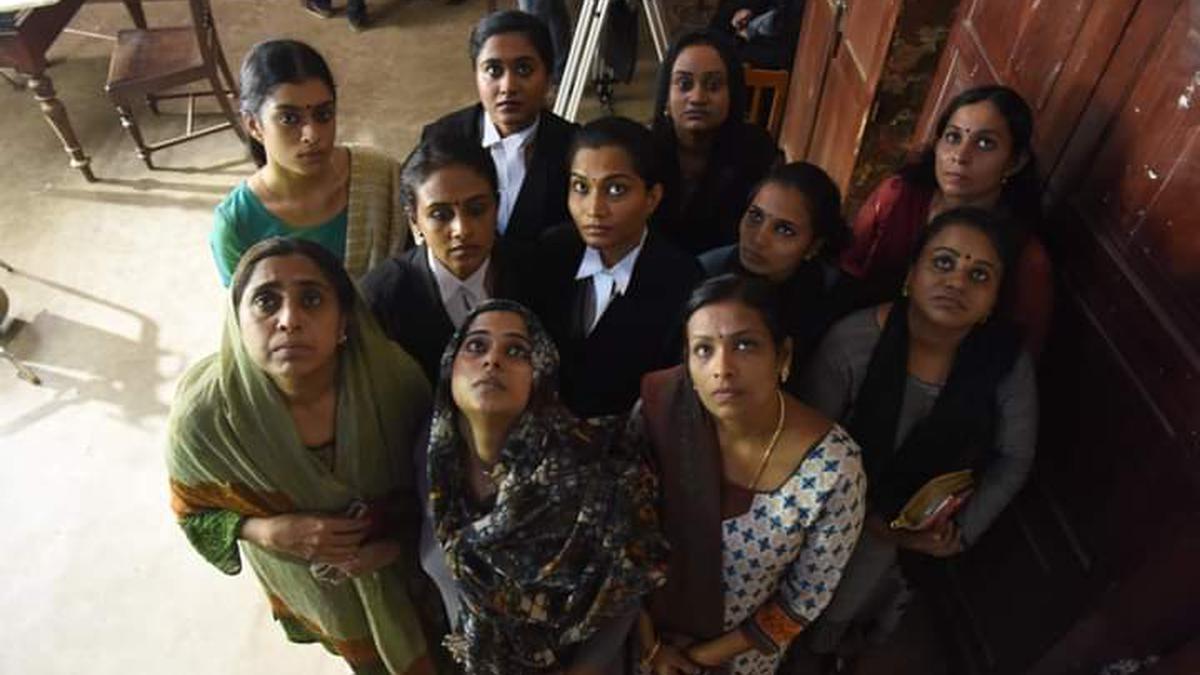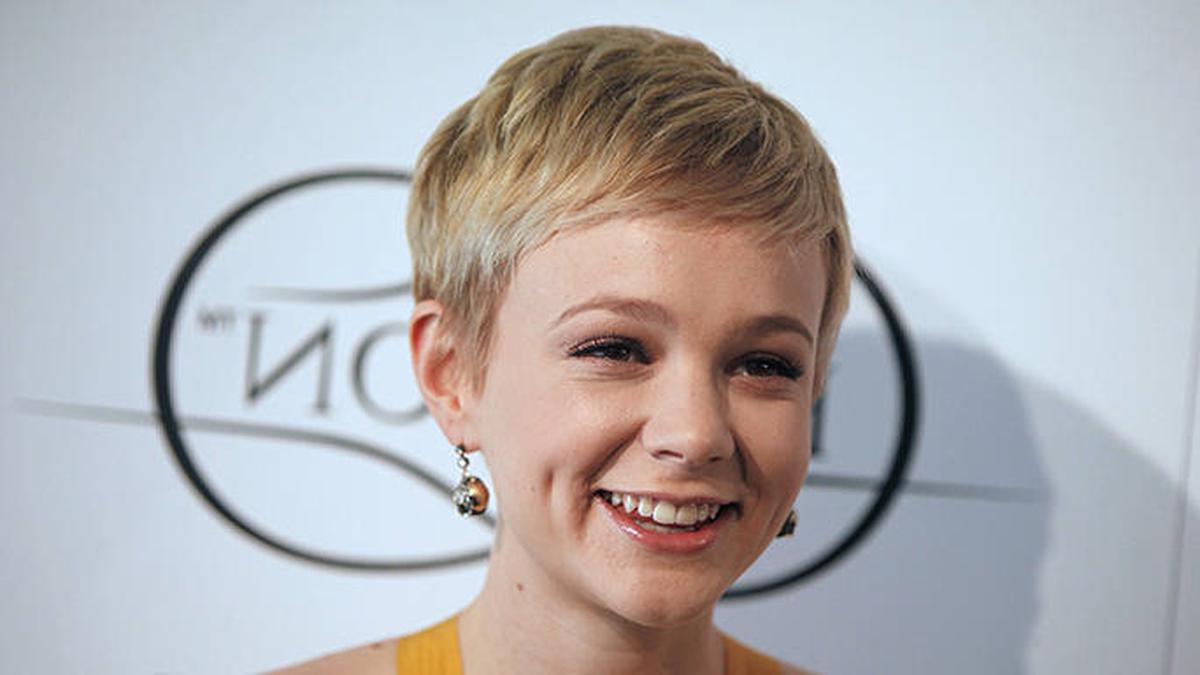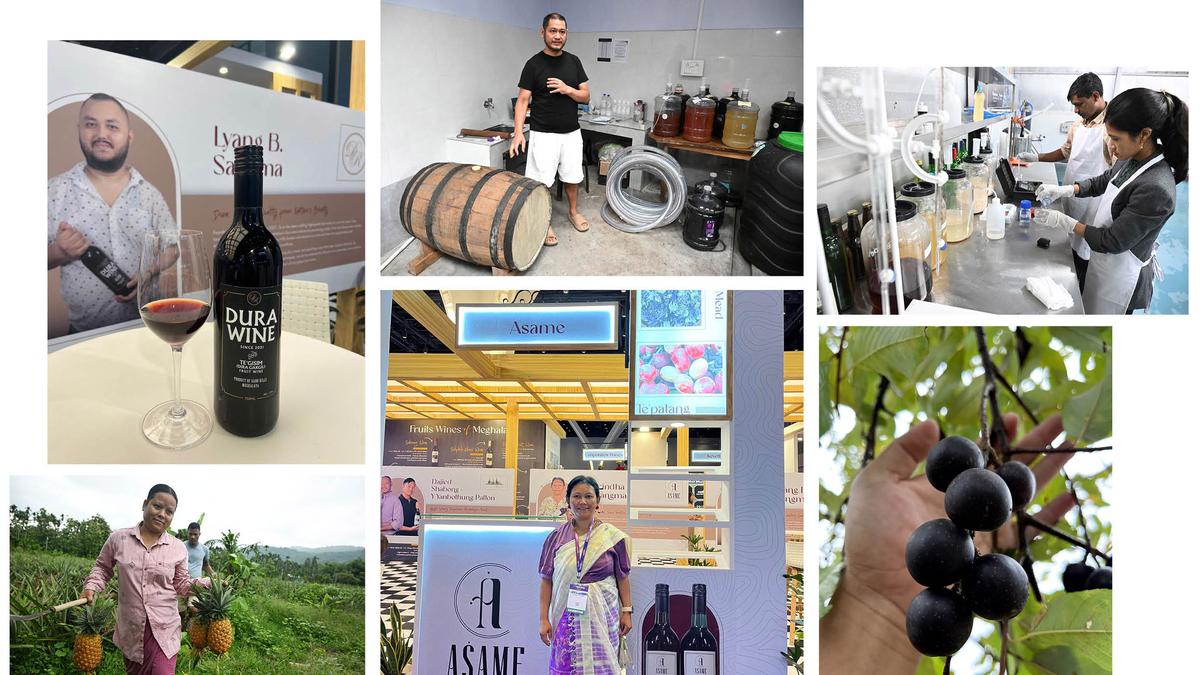Back with the second season of Delhi Crime, Shefali Shah reflects on her craft and concerns
Back with the second season of Delhi Crime, Shefali Shah reflects on her craft and concerns
Shefali Shah’s versatility was never under doubt but in the last one year in particular the audience got to experience the range of her talent. Be it playing the fiercely protective mother from the margins of society in Jalsa and Darlings or the manipulative doctor in Human, it is impossible to take one’s eyes off Shefali.
However, her career surged with Delhi Crime (Season 1 in 2019), where she played a tough yet sensitive cop Vartika Chaturvedi. The internationally acclaimed Netflix series is back with a new case, rooted in the socio-economic disparity in the sprawling metropolis.
Nervous and excited, Shefali says the surge in strong female parts is not a trend. “Directors are not going to do stuff just because it is a trend. Things are changing. For me, they changed with Delhi Crime. The last year has been fantastic. Touchwood! Der Aaye Durust Aaye (late but perfect). I hope it keeps growing.”
Edited excerpts:
How is the second season different from the first one?
The characters are far more fleshed out. In DC 1, there was no movement of the moral compass. There was anger, frustration but Vartika knew she had to get these guys and was obsessed with the task at hand. In DC 2, there are questions that she has to answer for herself. In one line, in DC 1 she emerged as a hero, here she comes across as more human. She falters but she doesn’t shy away from apologising even if it is at a personal cost.
Is the shift because of the change in nature of antagonist?
In the first season, the bad guy was easily visible but here the question is what makes a bad guy. The conditioning of society pushes people to do what they do. The journey is not easy and that’s the beauty of Delhi Crime. It is more than just a crime procedural. It is about raising questions on how everything around us works.
How challenging is it to play a cop? Did you have to rein in your talkative eyes?
Every character requires everything in you. Beyond that, for playing a cop, I had to imbibe a lot of technical information—from how she wears her uniform to how she passes on instructions. I don’t think eye expression changes with vocation. For instance, Bhupinder (Vartika’ subordinate played by Rajesh Tailang) and Vartika share such a bond that they don’t need to talk. When I can express myself through eyes, why should I use words?
Versatile actor: Shefali Shah
| Photo Credit: Special Arrangement
If we look closely, there are striking similarities between Rukhsana of Jalsa and Badrunissa of Darlings. How did you delineate them?
Vartika is also a mother but the more difficult part is playing two people coming from similar strata like Rukhsana and Shamsunissa They both cook and they both are fiercely protective of their child. But, at the same time, they are very different people. They visually look different. One of my co-actors said that she didn’t realise the two characters are so similar until someone pointed out. That’s the beauty of an actor. You get to play so many lives.
How do you do it?
There are a lot of conversations, questions and discussions regarding the character with the directors. However, I have realised that even if you have read the script a thousand times, you could still find a different perspective, a different incentive to play the character.
After all the study, when I go in front of the camera, I have to forget all of it and follow just my instinct. What I do is not method acting; it is not choreographed. Of course, I do the blocking as I work with other actors but once the camera turns on, I don’t know what I do. My directors’ tell me I am like a bull in a china shop! Where therocket is going to fall, nobody knows. But they allow me to follow my trajectory.
What about body language?
Both the directors (Suresh Triveni and Jasmeet K Rain) were well versed with the diction and surroundings of Rukhsana and Shamsunissa but nobody can teach you the body language of a character. At least nobody has taught me. I follow the people around me. When you get back to being raw, you realise that there are so many things in our life that make us do what we do. Like I usually walk straight and if I am sitting in a certain place, I will be conscious of the surroundings. Rukshana and Shamsunissa don’t think like that. The situation Rukhsana is in, nobody would be able to think how do I look, how I am sitting. It might not be part of story, but Rukshana carries a lot of baggage of the past. She doesn’t have the opportunity of education like Vartika has.
Still, I worked out a body language that generates a feeling that they (Rukhsana and Shamsunissa) believe that they deserve a life of dignity. They may be victims for society but they don’t believe it, which is their strength.
Does your inherent sophistication in diction and dialogue creep into the character, like when Shamsunissa says life has changed only for those who use Twitter?
There is no instruction booklet as to how a person from a certain stratum would behave. That’s the unpredictability of human nature.
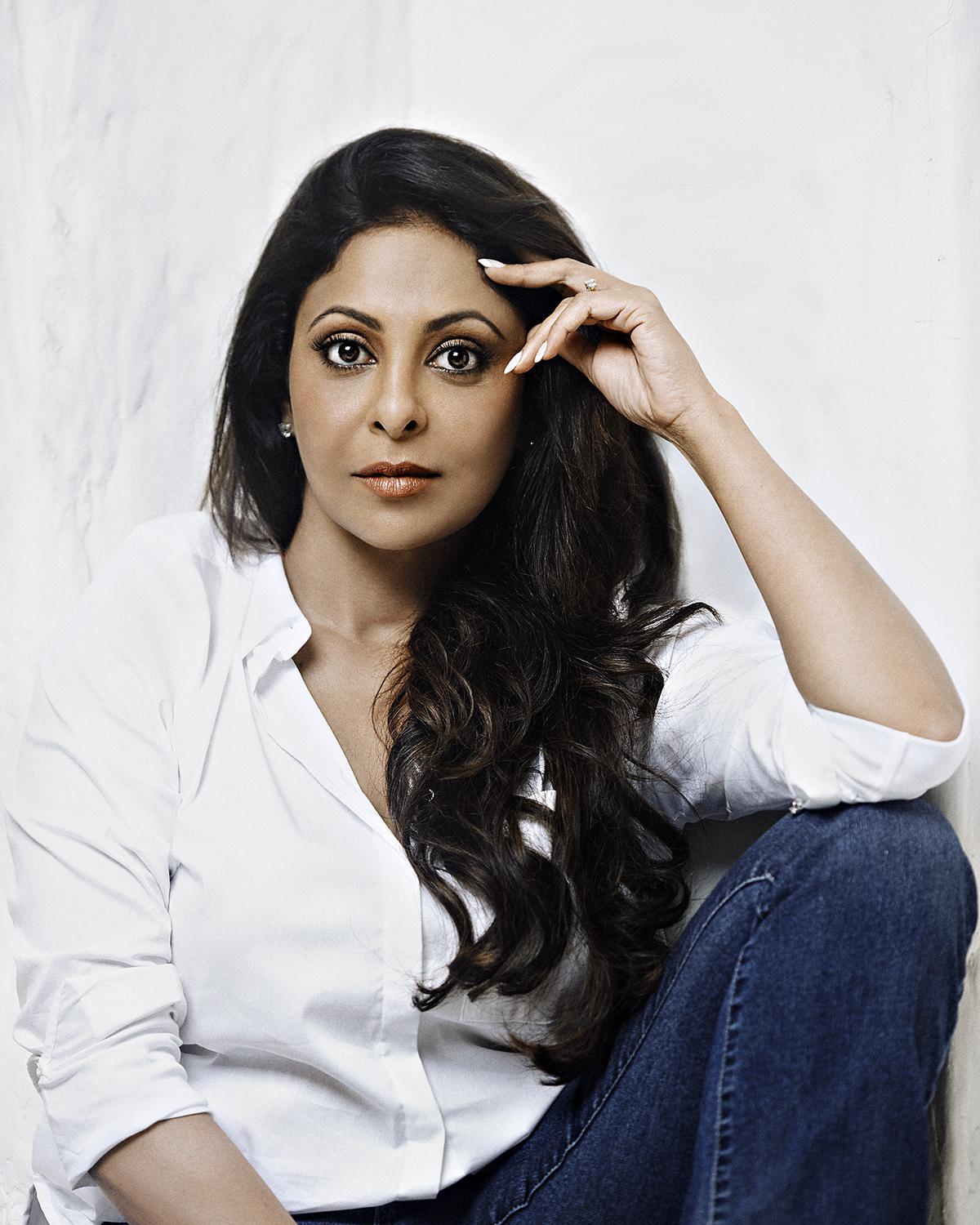
Unlike their male counterparts, female actors don’t seem to mind doing two-heroine films…
How can we see it as competition? We understand filmmaking is a collaborative process. In Jalsa, Vidya and I are opposite sides of the same coin. In Darlings, Alia and I complement each other. I don’t know where this fancy idea that two actors could not be at par came from. Haven’t we all watched Anand, Trishul and Chupke Chupke? It is not happening enough because of the stories that the directors are choosing to make. Delhi Crime looks like the story of Vartika ma’am but there are so many crucial male characters without whom that story is impossible to tell. Good actors have to feel secure as other brilliant actors are only going to up their game.
You have directed two short films. With a producer husband at home, are you serious about directing a feature film?
That I have a producer husband or he has an actress wife never occurs to us. He hasn’t made projects for me and I have never asked for work from him. We respect each other too much to mess with that equation. Yes, I want to direct but I don’t know how much effort I can put into a feature film at this point of my career. Right now. I am enjoying my space as an actor and I don’t want to deviate from it.


.jpg)
